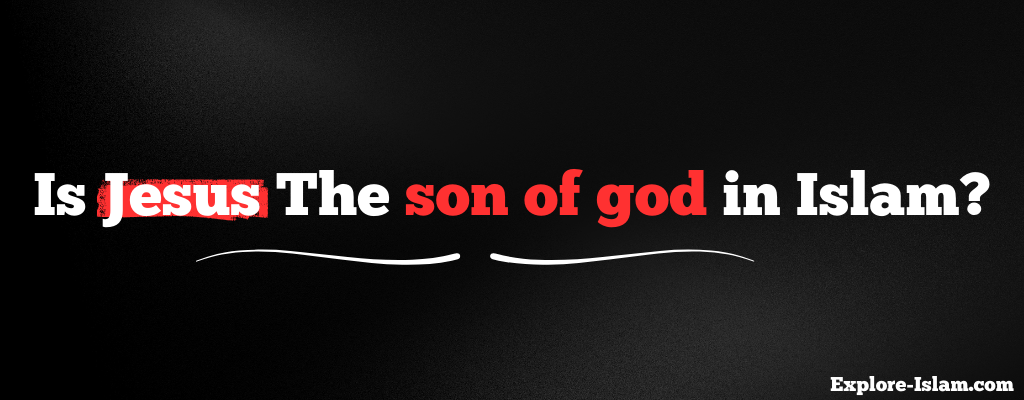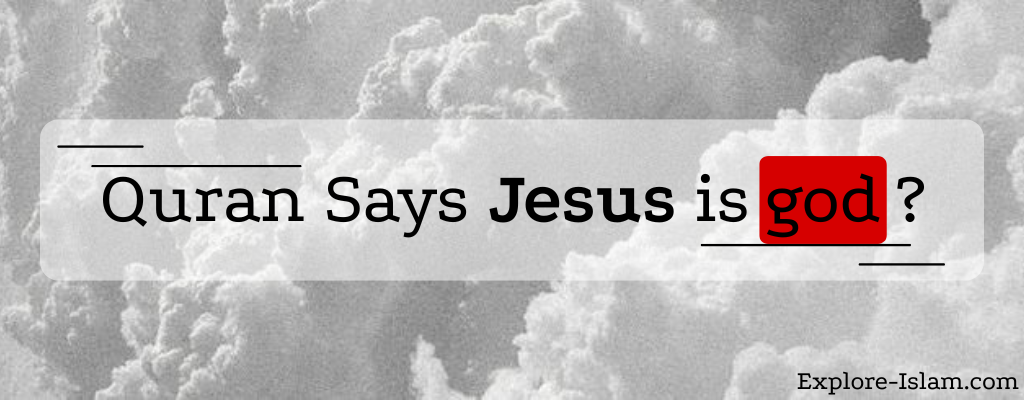
Let’s discuss the Islam And Christmas hot topic. I kept reading about Christmas, its origin, and Santa Claus, till I came to this conclusion: Santa is coming with Islam this year!
Continue Reading
In Islam, Jesus is a revered prophet, born of Mary, and is not divine. He was raised to heaven, and will return before the Day of Judgment.
Continue Reading
Islam believes Jesus was raised to heaven and will return in the future. The Quran and Sunnah provide details about his return and actions.
Continue Reading
Islam considers Jesus a prophet, not God’s son. Jesus preached monotheism and good morals, not part of a divine Trinity.
Continue Reading
Before Islam, Lebanon faced imperial tyranny and strife; the 7th-century arrival of Islam brought unity and tolerance.
Continue Reading
Pre-Islamic Jordan was a crossroads of Christianity, Judaism, and paganism, where religious diversity caused more tension than harmony.
Continue Reading
The article analyzes if Judaism, Christianity, and Islam worship the same God, based on their similarities and differences.
Continue Reading
Compares the depiction of God in the Quran and Bible to analyze the debate on whether Christianity and Islam believe in the same God.
Continue Reading
The article clarifies Islam’s stance on the Old Testament and its view of the People of the Book (Jews and Christians).
Continue Reading
Islam rejects Jesus as the son of God, focusing on the belief in one God. The Quran emphasizes this monotheistic principle.
Continue Reading
The Quran regards Jesus as a respected prophet, not divine. Islam firmly upholds monotheism, rejecting the idea of Jesus’ divinity.
Continue Reading
The text argues Islam is the only uncorrupted divine guidance, contrasting it with Hinduism, Buddhism, and Christianity.
Continue Reading